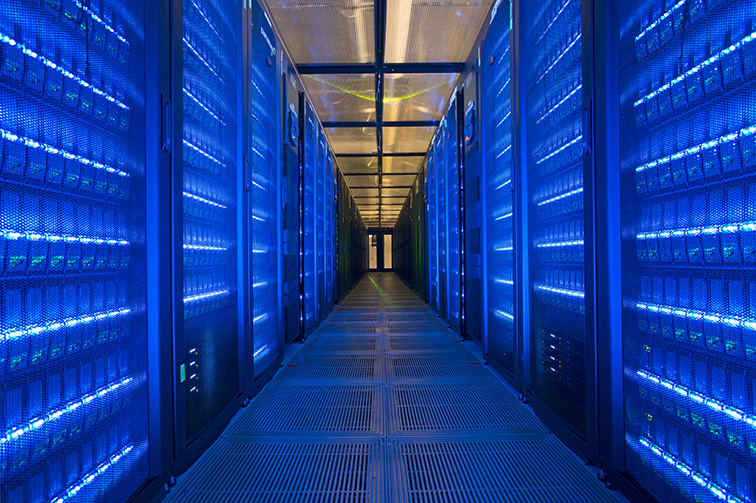The meeting is taking place at the UK Space Cluster in Harwell, Oxfordshire this. The conference is focussed on addressing the opportunities in understanding vast datasets and assessing ways to take that new information and make it accessible and useable to the widest variety of disciplines for societal benefit and commercial growth.
Vast datasets now exist in many areas of science and society but we need the right tools to process and make sense of it. STFC RAL Space, the UK Space Agency and the National Centre for Earth Observation (NCEO) are hosting the conference bringing together participants from academia and industry. PV 2018 will highlight the cutting edge of data exploitation and preservation science and technologies from satellites and science experiments.
Esther Conway, Head of the Scientific Programme Committee for PV 2018 and Senior Data Scientist at RAL Space, welcomed delegates to the conference “We're delighted to bring the PV2018 conference to the UK. The way we manage large datasets underpins our ability to do big science. We have speakers from across the world sharing their projects to help realise the social and economic benefits of data. It's a fantastic opportunity to forge new international partnerships and strengthen existing ones."
With over 310 authors from five continents contributing, talks will range from pest control in sub-Saharan Africa to the UK transport network. The programme will feature speakers from NASA, CERN, ESA, the Japanese Space Agency (JAXA), Chinese meteorological office and Kenyan Agricultural and Livestock Research Organisation as well as British institutions.
.JPG)
One of the innovative UK projects being presented at the conference is Pest Risk Information Service (PRISE). It has been funded by the UK Space Agency International Partnership Programme (IPP), to develop a crop pest and disease risk forecasting system designed for smallholders and commercial producers in developing countries. Bringing together a broad range of stakeholders, including plant protection authorities, data experts, private sector companies, and the farmers themselves, PRISE uses state-of-the-art crop and pest modelling techniques to provide users with advanced warning of a damaging outbreak and appropriate advice on mitigation responses.
Beth Greenaway, Head or Earth Observations and Climate at the UK Space Agency, said: “It is a pleasure to welcome this conference to the UK Space Gateway at Harwell.
“We generate so much fantastic data now from cutting-edge Earth observation missions. It's vital for the community who really know how to manage and preserve the data to talk with those who will be using it for applications we haven't even thought of yet.
“This conference provides a space for key discussion at a time of rapid change in the Earth observation sector, with many smaller and cheaper missions evolving as well as users waking up to the potential."
While the PRISE project is all about combining readily available data and making it accessible to the people who need it, the same challenges are being faced by the team behind the UK Data Analytics Facility for National Infrastructure (DAFNI). This new UK national facility will enable researchers and policy makers to understand and predict stresses and strains on UK infrastructure. As our society and environment changes so our infrastructure, from energy suppliers, water systems and transport routes, must adapt. This project will enable smarter investment and better planning for extreme events for more resilient infrastructure. Scheduled to be operational in 2021, conference delegates will hear from STFC's Scientific Computing Department about what it takes to design such a sophisticated system.
Other work presented will demonstrate how machine learning and artificial intelligence (AI) can enhance the way scientists work. The BACI project has perfected machine learning to automate methods to detect changes to ecosystems using satellite data. It has used JASMIN, a supercomputer and data store for environmental science, managed jointly by STFC's RAL Space and Scientific Computing Department in Harwell to process almost 20 years of EO data for use in biodiversity and land use studies. Growing quantities of data make this kind of AI system vital to our understanding of the planet.
John Remedios, Director of NCEO said “The PV conference provides a window on a worldwide development of advanced computing, data-driven methods and space which is set to fuel a new information economy based around observing our planet. Historically, advances in public and commercial information has been closely allied to step changes in computing and methods, for example in environmental science and weather forecasting. The new exploitation of data science is potentially such a step change. The JASMIN facility hosting satellite data next to processing is a leading research infrastructure for the UK in this arena."

PV 2018
Now in its ninth edition, PV addresses prospects in the domain of data preservation, stewardship and value adding of scientific data and research related information.
